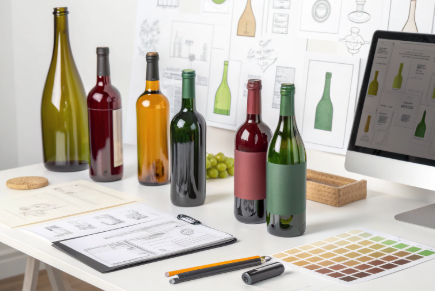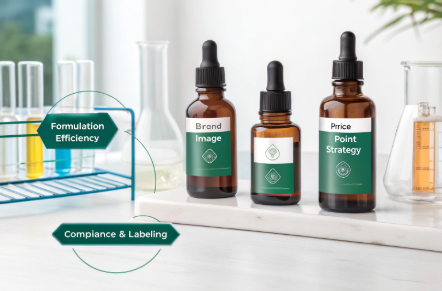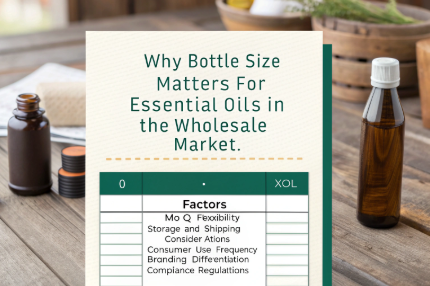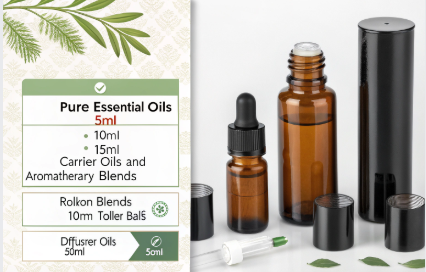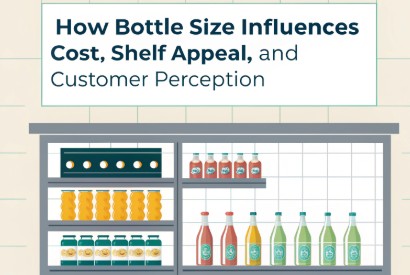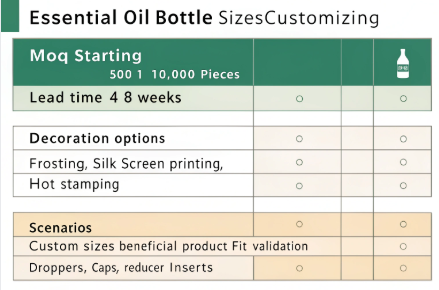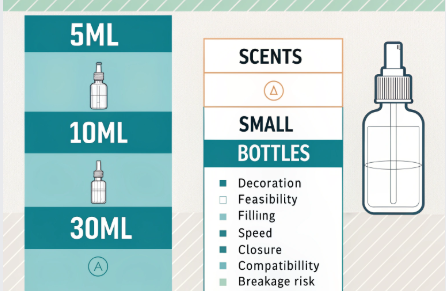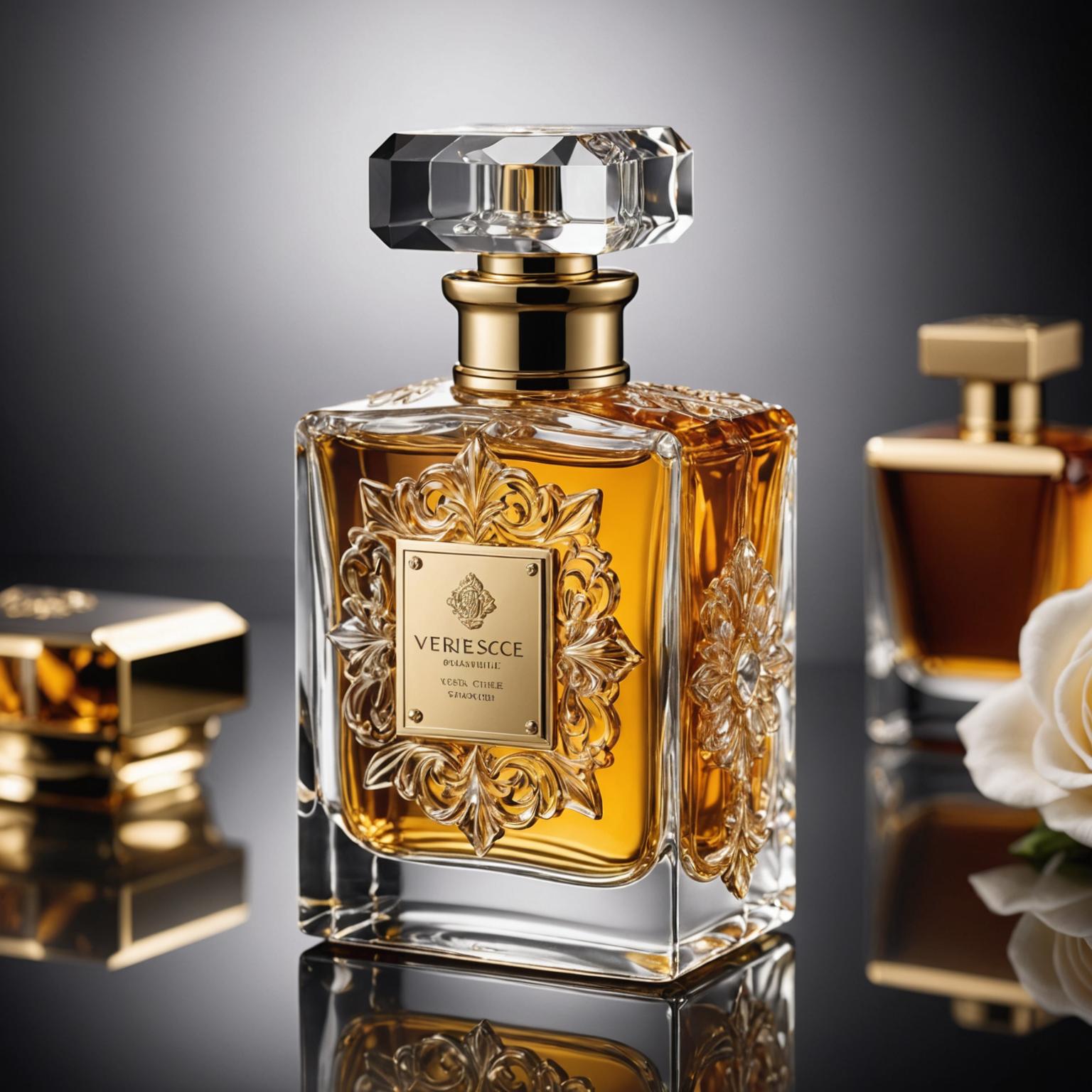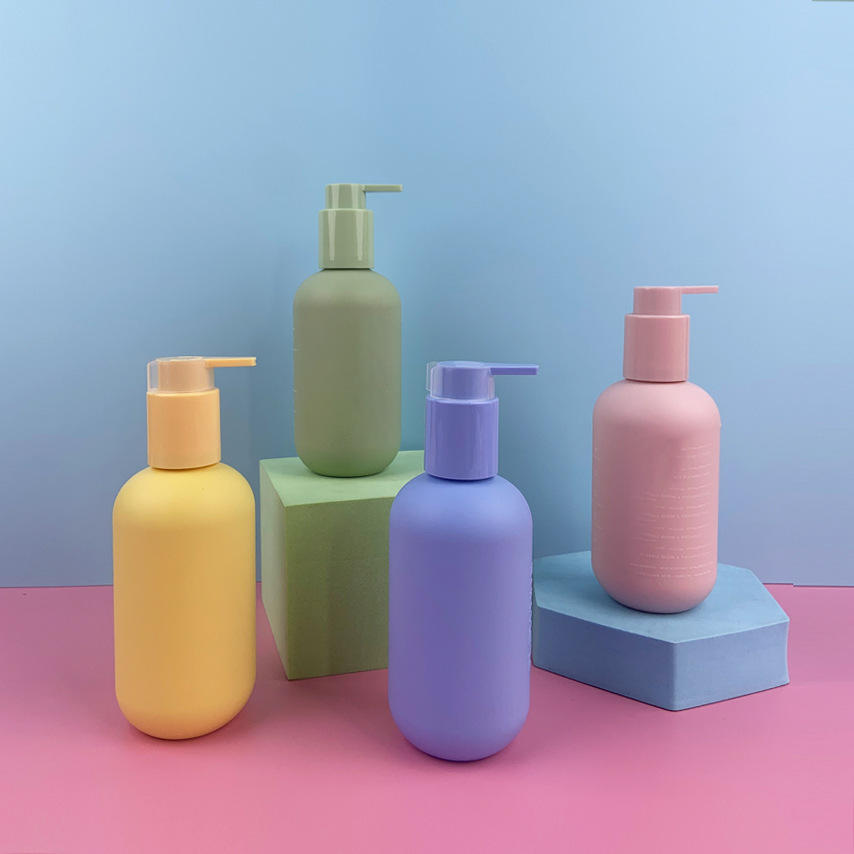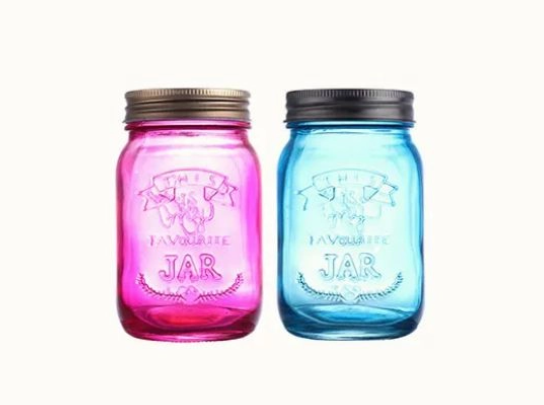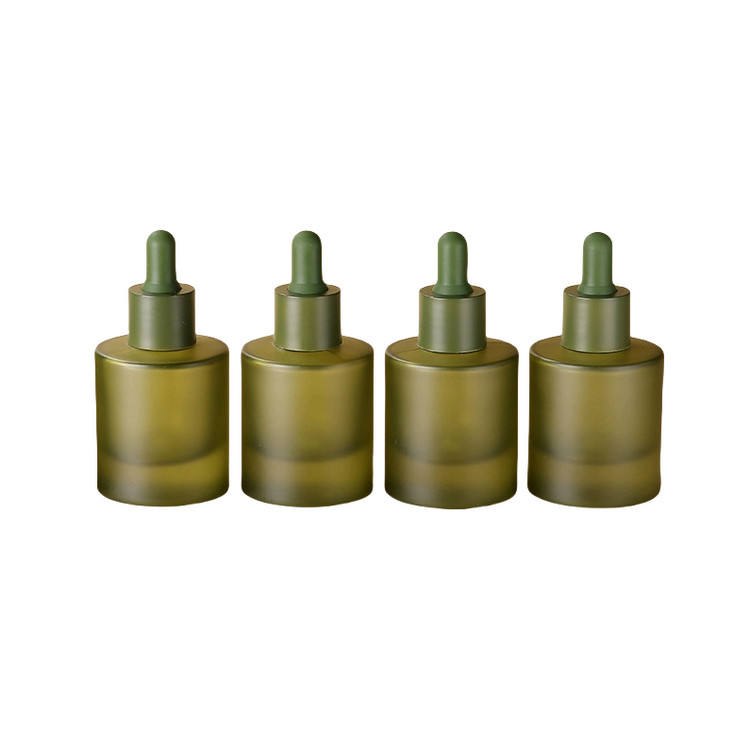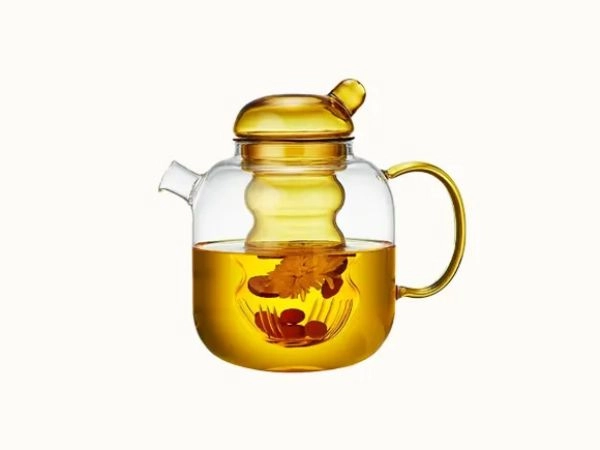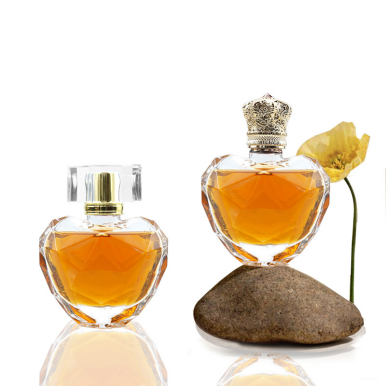Confused about which essential oil bottle size is best for your brand or product line?
Essential oil bottle size plays a key role in formulation, branding, pricing, and compliance. Choosing the right size enhances usability and aligns with your business goals.
As a packaging manufacturer that has helped hundreds of wellness and aromatherapy brands scale globally, I can say with confidence: size decisions are not just technical—they’re strategic.
Why Bottle Size Matters for Essential Oils in the Wholesale Market
You might think size is just a matter of capacity. But for B2B buyers, it’s a decision that affects compliance, price, and customer satisfaction.
In wholesale essential oil packaging, bottle size affects not just volume but how you market, store, ship, and differentiate your products.
Key B2B Considerations
| Factor | Impact of Bottle Size |
|---|---|
| MOQ Flexibility | Smaller bottles mean higher unit counts |
| Storage & Shipping | Larger bottles optimize bulk storage |
| Consumer Use Frequency | Smaller sizes promote trial and portability |
| Branding Differentiation | Size diversity enhances product lineup |
| Compliance & Regulation | Sizes must align with labeling laws |
At PauPack, we offer wholesale clients the ability to mix bottle sizes within orders, allowing them to test SKUs or offer discovery kits while maintaining low MOQs.
What Are the Most Common Essential Oil Bottle Sizes and Their Uses?
Understanding standard sizes helps you plan for both practicality and customer expectations. From 1ml samplers to 100ml refill bottles, each size serves a distinct purpose.
Common essential oil bottle sizes include 1ml, 5ml, 10ml, 15ml, 30ml, 50ml, and 100ml, each tailored to different usage scenarios and brand strategies.
Overview of Popular Sizes
| Bottle Size | Common Use | Best For |
|---|---|---|
| 1ml-2ml | Sample/testers, fragrance kits | Trial sets, marketing giveaways |
| 5ml | Introductory or high-potency oils | Compact sets, aromatherapy blends |
| 10ml | Roll-ons, topicals | On-the-go use, personal care |
| 15ml | Standard retail for pure oils | Shelf presence, brand standard |
| 30ml | Carrier oils, blends | Massage oils, refill packs |
| 50ml | Room sprays, diffuser blends | Larger use cases, functional branding |
| 100ml | Studio use, wholesale refill | Professional or spa-grade packaging |
At PauPack, we manufacture all common sizes in amber, clear, cobalt, and frosted glass—with dropper, roller, and spray top options.
How to Choose the Right Bottle Size for Different Product Types
Not every oil belongs in the same bottle. Viscosity, volatility, and usage method all affect what size works best.
To choose the right essential oil bottle size, match the oil type, usage frequency, and dispensing method to consumer expectations.
Size by Product Application
1. Pure Essential Oils (Undiluted)
-
Recommended sizes: 5ml, 10ml, 15ml
-
Reason: High potency, low usage per session
2. Carrier Oils or Blends
-
Recommended sizes: 30ml, 50ml, 100ml
-
Reason: Used in higher volume, especially for massage or dilution
3. Roll-On Blends
-
Recommended sizes: 10ml with roller ball
-
Reason: Travel-friendly, direct skin application
4. Diffuser & Room Sprays
-
Recommended sizes: 50ml–100ml with mist spray cap
-
Reason: Need for volume and uniform spray dispersion
Packaging Tip
Always consider cap compatibility and dropper control. Smaller sizes need precise orifice reducers, while larger ones may benefit from pump or spray heads.
At PauPack, we ensure every bottle and cap combo is tested for leakage, seal integrity, and dosing control—especially critical in aromatherapy packaging.
How Bottle Size Influences Cost, Shelf Appeal, and Customer Perception
Size isn’t just functional—it’s emotional. The same oil in a different bottle size can command entirely different price points and customer reactions.
Bottle size affects how customers perceive value, luxury, and practicality—especially in retail and online shopping environments.
The Psychology of Size
| Size | Customer Perception | Price Elasticity |
|---|---|---|
| Small (1–5ml) | Exclusive, potent, boutique | High $/ml acceptable |
| Medium (10–15ml) | Trusted standard, reliable | Balanced margin |
| Large (30–100ml) | Generous, refillable, sustainable | Lower $/ml expected |
Packaging Economics
-
Smaller bottles: Lower unit price, higher markup potential
-
Larger bottles: Better value, fewer production runs
-
Combo sets: Encourage upsells (e.g., 3×10ml vs. 1×30ml)
We often advise PauPack clients to offer tiered sizes. A 5ml entry point with a 30ml refill creates a pricing ladder that boosts both conversion and lifetime value.
What to Consider When Customizing Essential Oil Bottle Sizes for Your Brand
Thinking about a custom 8ml frosted blue dropper bottle? Good idea—but customization has rules, timelines, and tradeoffs.
When customizing essential oil bottle sizes, factor in mold cost, decoration feasibility, production lead times, and shelf strategy.
Key Customization Variables
| Variable | Consideration |
|---|---|
| MOQ | Custom molds usually start at 5,000–10,000pcs |
| Lead Time | Expect 4–8 weeks for tooling & samples |
| Decoration Options | Printing, frosting, hot stamping |
| Compatibility | Cap and dropper fit must be validated |
When Custom Size Makes Sense
-
You're building a flagship SKU
-
You want visual differentiation in crowded markets
-
You need a bespoke fit for display, shelf, or box sets
At PauPack, we offer low-MOQ mold services for startup brands, allowing you to launch signature shapes without breaking the bank. Plus, our design team can help you adjust an existing size mold for better performance or style.
What’s the Ideal Bottle Size for Different Sales Channels like Amazon or Boutique Stores?
Selling on Amazon isn’t the same as presenting in a luxury spa. Bottle size should match where and how it will be sold.
Different sales channels demand different bottle sizes to optimize logistics, price points, and consumer engagement.
Channel-Specific Size Preferences
| Sales Channel | Ideal Sizes | Why It Works |
|---|---|---|
| Amazon/Ecommerce | 10ml, 15ml, 30ml | Fits shipping constraints, high turnover |
| Boutique Stores | 5ml, 10ml | Small-batch luxury feel, tester appeal |
| Spas & Wellness | 50ml, 100ml | Practical for professional use |
| Subscription Boxes | 1ml, 2ml, 5ml | Discovery size, lightweight shipping |
| Wholesale | 15ml, 30ml, 100ml | Standard retail SKUs, refill options |
In B2B packaging, “one size fits all” doesn’t apply. At PauPack, we often advise brands to vary bottle size across platforms to match customer behavior and margins.
How to Balance Functionality and Aesthetics When Picking Bottle Sizes
The most beautiful bottle won’t succeed if it’s hard to open or use. A bottle must work as well as it looks.
Choosing the right essential oil bottle size means balancing ease of use with brand presentation, especially for dropper, roller, or spray formats.
Factors to Weigh
Functionality
-
Dropper control: Works best in 5ml–30ml bottles
-
Spray accuracy: Needs 30ml+ for consistent dispersion
-
Roller smoothness: Ideal in 10ml slim cylinders
Aesthetic Impact
-
Smaller bottles feel premium when decorated well
-
Oversized bottles stand out but may require custom shelving
-
Consistent sizing creates a “kit look” on shelf or in sets
Tradeoff Matrix
| Bottle Size | Usability Score | Design Flexibility | Shipping Efficiency |
|---|---|---|---|
| 1–5ml | High | Limited | Excellent |
| 10–15ml | Optimal | High | Good |
| 30–50ml | Moderate | Excellent | Moderate |
| 100ml | Low | High (for studio use) | Bulky |
At PauPack, our in-house designers offer 3D previews and user testing feedback to help clients strike the right balance.
What Role Does Regional Preference Play in Essential Oil Bottle Sizing?
A 15ml bottle might be the norm in the U.S., but not in Southeast Asia. Global brands must navigate regional norms and regulations.
Essential oil bottle size preferences vary by region due to cultural usage habits, regulatory labeling laws, and consumer expectations.
Global Sizing Insights
| Region | Popular Sizes | Usage Behavior |
|---|---|---|
| North America | 10ml, 15ml, 30ml | Home use, gifting, DIY essential blends |
| Europe | 5ml, 10ml | Aromatherapy, holistic routines |
| Southeast Asia | 30ml, 50ml | Spa use, room sprays |
| Middle East | 100ml, luxury sets | Gifting, perfumery-based wellness |
Compliance Matters
-
EU requires detailed labeling—easier on larger bottles.
-
U.S. customers favor dropper caps; Asia prefers roller and spray tops.
We help PauPack clients adapt their sizing and labeling to meet regional demands while keeping design coherence across markets.
How Can Small Bottle Sizes Support Brand Discovery and Subscription Models?
First-time buyers aren’t ready to commit to 100ml. Smaller sizes can hook interest and build loyalty over time.
Smaller essential oil bottle sizes are perfect for trial kits, discovery sets, and beauty box subscriptions—fueling acquisition and repeat purchases.
Strategic Uses of Small Sizes
-
1ml–2ml Vials: Great for scent discovery sets or email-gated giveaways
-
5ml Bottles: Best-seller samplers, ideal for ecommerce bundles
-
Mini Roll-ons: Purse-sized, reusability drives brand loyalty
Subscription Business Benefits
| Feature | Impact |
|---|---|
| Lower Shipping Costs | Smaller bottles are lightweight |
| Faster Product Testing | Enables brands to test new scents easily |
| Better Retention | Monthly size rotation builds habit |
| Upsell Opportunities | Encourage full-size purchases |
At PauPack, we offer mini-bottle starter packs with full decoration—even in small volumes. Our MOQ for 5ml amber bottles with logo printing starts at just 1000pcs.
What Are the Production and Inventory Impacts of Offering Multiple Bottle Sizes?
Want to offer 5ml, 10ml, and 30ml in every scent? That’s great for customers—but challenging for your backend.
Adding multiple bottle sizes increases SKU count, complexity in inventory management, and production lead times. Plan with intention.
Production Implications
| Variable | Small Bottles | Large Bottles |
|---|---|---|
| Decoration Feasibility | Limited space for logos | More branding area |
| Filling Speed | Slower (precision needed) | Faster bulk fill |
| Compatibility | Narrow caps, reducers | Spray/pump heads needed |
| Breakage Risk | Lower | Higher (due to weight) |
Inventory Strategy Tips
-
Bundle sizes by usage: Daily-use scents in 10ml, niche blends in 5ml.
-
Set restock thresholds per SKU to avoid overstocking niche sizes.
-
Use universal caps where possible to simplify reordering.
At PauPack, our clients often leverage our warehousing support and JIT (just-in-time) delivery system to manage bottle size diversity without inventory headaches.
Conclusion
Whether you're launching an Amazon best-seller or a spa-exclusive oil line, bottle size isn’t just a detail—it’s a key business lever. The right size will amplify your branding, boost usability, and maximize your market fit.




